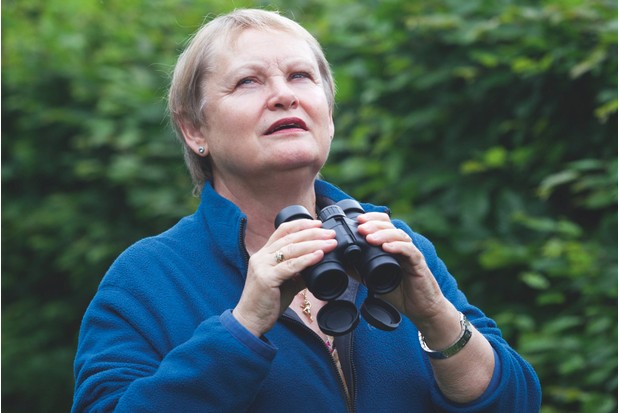Human interference in nature has not only caused the extinction of hundreds of bird species but has also caused fundamental changes in the roles that birds play in the global environment, according to a recent study.
Research conducted by the University of Birmingham in the UK highlights the ongoing crisis the world is facing in terms of biodiversity loss and links it to the need to learn from the effects of bird species extinctions over thousands of years.
In particular scientists studied the consequences of the current accelerated demise of avian species on future ecosystems. The information they documented will be vital in helping countries set effective targets for global conservation, ecosystem restoration and rewilding.
Some 600 bird species are thought to have become extinct in the past 12,000 years, causing disruption to the natural order in their native habitats. Tracking the effects of this historic elimination of a bird species is crucial in informing on the potential effect of future mass bird extinctions on our environment in general.
Dr Tom Matthews, who led the research says: “The sheer number of bird species that have become extinct is, of course, a big part of the extinction crisis, but what we also need to focus on is that every species has a job or function within the environment and therefore plays a really important role in its ecosystem.
“Some birds control pests by eating insects, scavenger birds recycle dead matter, others eat fruit and disperse the seeds, enabling more plants and trees to grow, and some, like hummingbirds, are very important pollinators. When those species die out, the important role that they play (the functional diversity) dies with them.”
One small example of this is the extinction of the Dodo Tree on the island of Mauritius. That species that relied on the Dodo bird to eat its fruit and therefore spread its seed in its droppings and when the bird was hunted out of existence, the tree disappeared as well.
It is well known that our dominant species has been responsible for the sudden demise of other species sharing our planet over the thousands of years of our existence. From 300,000 years ago,when humanoids first emerged in Africa and began to spread across the globe, to the present day, we have been exploiting the earth’s natural resources.
When we left off a nomadic lifestyle and began to settle in communities and farm the land around 12,000 years ago, the pace of forced extinctions accelerated.
Habitat was claimed for crops, affecting local biodiversity, and hunting for food and to safeguard people from predators depleted numbers and led to the eventual loss of whole families of animals.These circumstances are called anthropogenic changes – alterations to nature brought about by humans.
The University of Birmingham study focuses on the effect that a loss of bird species has had on the environment where it previously lived. And scientists have discovered that a lack of a particular bird species has had far-reaching effects beyond just the obvious.
Depending on the type of bird and its lifestyle, the hole it has left in the ecosystem by its disappearance has been seen in reduced flower pollination, reduced seed dispersal, the breakdown of top-down control of insect populations -including many pests and disease transmitters - as well as in an increase in disease outbreaks due to the reduced disposal of carrion.
But it’s not only the direct consequences of that species no longer inhabiting an area that matters. Scientists have documented how the extinction of a species naturally halts the evolution of that species - what is termed phylogenetic diversity - which will fundamentally change the way that an entire environment develops. Looking into the loss of, for instance, flower pollination has shown how this has affected the ability of not just one but groups of plant species from adapting to climate changeover time.
Dr Matthews adds: “These results are a timely reminder that the current extinction crisis is not just about species numbers. By identifying declines in avian functional and phylogenetic diversity driven by human actions, our findings highlight the urgent need to understand and predict the impacts of past anthropogenic extinctions on ecosystem function in order to prepare for the magnitude of expected future loss from the projected 1,000 bird species that are expected to die out completely over the next two centuries.”
Main image: The extinction of the Dodo caused the eradication of other species on the island of Mauritius. Dodo © Gunter Hofer | Dreamstime.com





